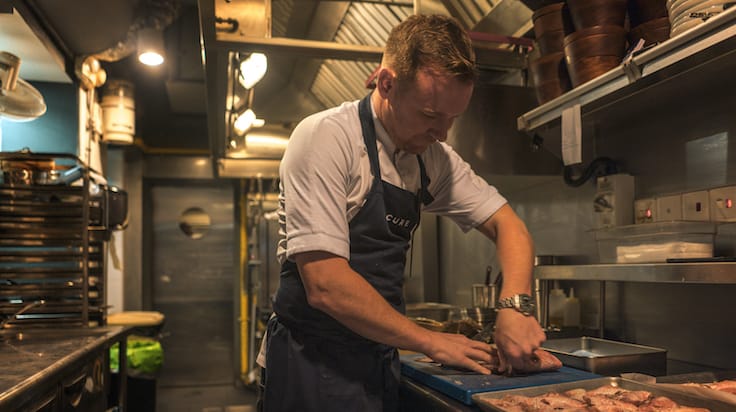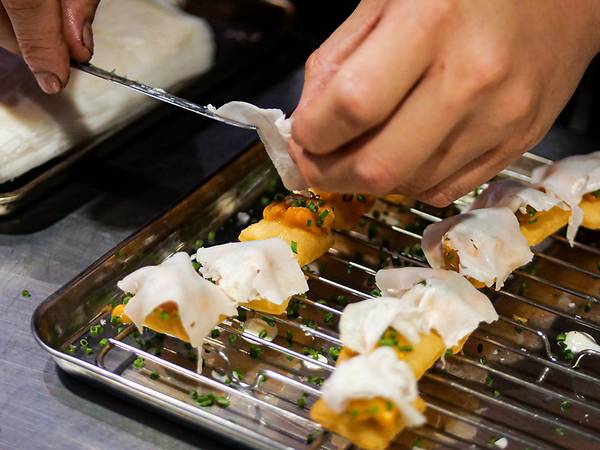Just because it’s ugly, doesn’t mean it’s basic! In the wake of food waste and its ever-growing pile in Singapore, kitchens are joining forces to destigmatize imperfect food and raise awareness.
From the Bud
In the last decade, over 763,000 tons of food waste was generated in Singapore, representing a thirty percent increase. In fact, food waste accounts for ten percent of the country’s overall generated waste, reports the National Environment Agency’s (NEA).
To tackle the problem, associations like The Cicheti Group that operates Bar Cicheti and Cicheti Caffe, have targeted 2020 to be the year that breaks the stereotype on ugly food. Tossed out simply because of their lack of visual appeal, kitchens nationwide are working towards zero waste events and refreshing menus throughout the year. With well-travelled diners chiming in and easily accessible information for the public, ugly food will soon become a movement that could save food waste and reduce the carbon footprint.
On the Chopping Block
At The Black Swan, beef tallow from streak trimmings is refashioned into a delicious beef fat butter served with the restaurant’s house-made sourdough. The excess dough is mixed with rosemary and salt before it is baked into a batch of tangy crackers to complement the Steak Tartare and Cheese Platter. Other trimmings and edible parts are also used in multiple stages during the cooking processes.
Chef Andrew of CURE turns leftovers into delectable meals for his staff, in conjunction with his Scrappy Suppers program. Rallying fellow chefs, bartenders and kitchen teams from CURE’s Keong Saik neighbors, the community initiative brings them together to discuss sustainable dining over a potluck supper made from food trimmings and repurposed leftovers.

Chef Andrew of CURE turns leftovers into delectable meals (Source: MICHELIN Guide)
To the Plate
The Cicheti Group recently held a four-hands dinner with private dining chef Lee Yum Hwa, aka Ben Fatto 95, where diners were able to observe how ingredients could be cross-utilized throughout the menu. Utilizing odd and ends of kitchen ingredients, diners learnt more about how multi-functional ingredients can be, regardless of their appearance, and expanding their culinary taste buds to beyond insta-worthy images.
Take Yo Ripe for example. It is Singapore’s first app featuring recipes from aspiring home chefs who use ingredients commonly found in the kitchen to create palatable dishes. As consumers, organizations and restaurants become more educated and make a conscious effort to reduce food waste, the movement is set to spark a new generation of responsible and innovative chefs.

The Cicheti Group with Chef Lee Yum Hwa demonstrating cross-utilization of ingredients (Source: CNA Luxury)








